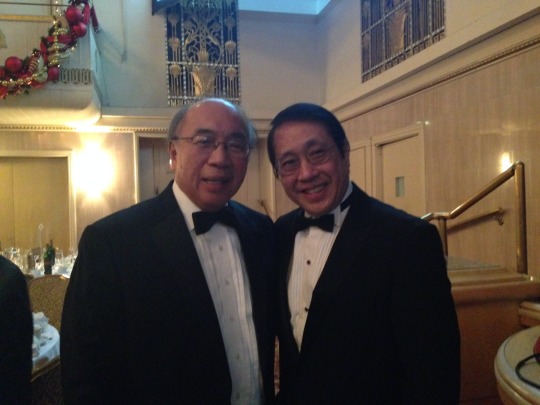NLF Partners and In-House Counsel Community Law Fellowship/NLF Community Law Fellowship (For more information and to apply, click HERE)
- 2-Year Full-Time Fellowship
- 3Ls, Judicial Clerks, Recent Law Grads
- Deadline | Dec. 31, 2016
Established in 2004 through a generous gift from Paul W. Lee of Goodwin Procter LLP, the NAPABA Law Foundation Partners and In-House Counsel Community Law Fellowship works to address the need for attorneys working on behalf of the Asian Pacific American populations. Recognizing that many obstacles prevent committed attorneys from practicing public interest law, including the shortage of entry-level jobs, the Fellowship provides an opportunity for a new attorney to gain substantive experience at a nonprofit national or community-based organization during the two-year Fellowship period. Fellows are funded at $100,000 for the two-year Fellowship.
NAPABA Law Foundation Underserved Communities Fellowship (For more information and to apply, click HERE)
- Summer/Flexible
- 1Ls, 2Ls, 3Ls
- Deadline | Feb. 15, 2017
Through a generous gift from Les R. Jin, NLF has established a $6,000 fellowship for one law student or recent law school graduate to gain meaningful legal experience at a public interest host organization on a project designed to advance opportunities for Asian Pacific Americans who are part of one or more under-served Asian Pacific American communities. The Fellowship is open to all currently enrolled U.S. law students in good standing to work at any qualified not-for-profit host organization in the U.S. If the Fellowship recipient is someone who is currently a first or second year law student, s/he shall perform the fellowship during the following summer. If the awardee is a third-year student, s/he shall finish the fellowship within seven months of his/her graduation.
Fred T. Korematsu Summer Fellowship (For more information and to apply, click HERE)
- Summer
- 1Ls, 2Ls
- Deadline | Feb. 15, 2017
In partnership with the Fred T. Korematsu Institute, NLF will be accepting applications for the Fred T. Korematsu Summer Fellowship Program. The program will provide $6,000 for a meaningful summer internship at a public interest organization. The intern will work to further Fred T. Korematsu’s legacy as a civil rights pioneer. Initial funding was provided by Parkin Lee and The Rockefeller Group.
McGuireWoods/NLF Internship Program for Law Students (For more information and to apply, click HERE)
McGuireWoods/NLF Internship Program for Undergraduates (For more information and to apply, click HERE)
- Summer
- 1Ls, 2Ls, Undergraduates
- Deadline | March 15, 2017
The McGuireWoods/NLF Internship Program supports students interested in the legal profession and will help students develop a commitment to advocacy on behalf of the Asian Pacific American (APA) community. The Program seeks to achieve these goals by providing undergraduate and law school students with meaningful internship experiences at the Washington, DC offices of NAPABA and NLF.
Applications Coming Soon
- Summer NLF Public Interest Internship Scholarship
- Bryan Cave/NAPABA Law Foundation Community Service Scholarship for Summer Law Interns


